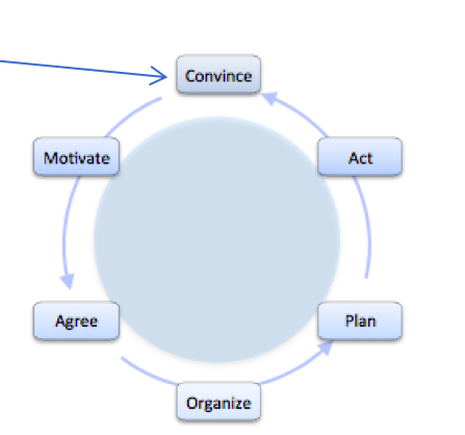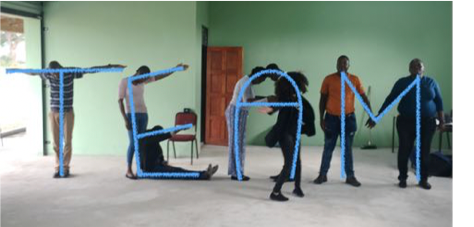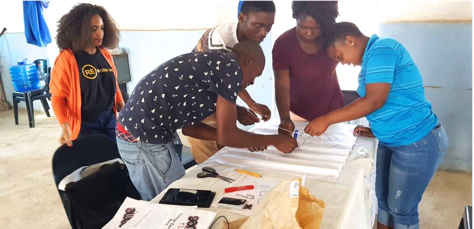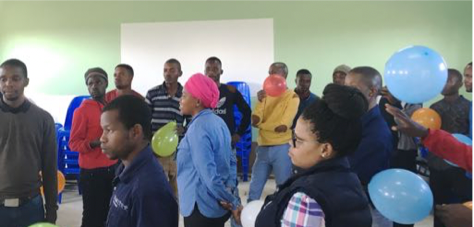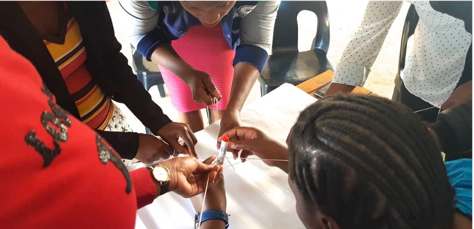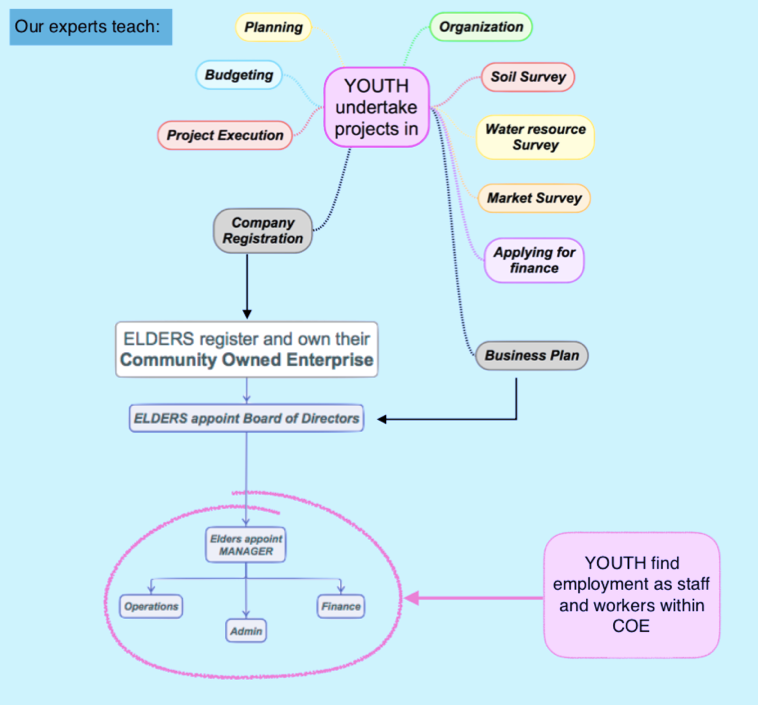Our hub of knowledge and ideas
RMI Profile
| rmi_profile.pdf | |
| File Size: | 23009 kb |
| File Type: | |
The RMI Development Story
The development story is a visual story illustrating the change that people have to make in taking advantage of an opportunity to move from subsistence to commercial farming, often using modern irrigation. It emphasises the different ways that outgrowers have in organising themselves and working together and that with levels of empowerment and capacity building they should be able to take these decisions for themselves.
The Swaziland Story
The Komati Downstream Development Project (KDDP), coordinated by the Swaziland Water and Agricultural Development Enterprise (SWADE), is an innovative socio-agricultural development project aimed at increasing the rural standard of living in north-eastern Swaziland using water from Maguga Dam. The KDDP focuses on assisting Farmers Associations in the Project Development Area (PDA) to create commercially, environmentally and socially sustainable irrigation farms, while holistically developing communities.
RMI has its roots in this project, as the Directors of RMI were involved in the development and implementation of this successful community outgrower development project. See the results of the project in the presentation below.
RMI has its roots in this project, as the Directors of RMI were involved in the development and implementation of this successful community outgrower development project. See the results of the project in the presentation below.
International Sustainability Standards - An RMI presentation
International Sustainability Standards provide a set of principles and guidelines that ensure a project operates sustainably. The presentation below is an interpretation of the important sustainability standards to heed in agricultural development projects, focusing on the IFC Performance Standards on Environmental and Social Sustainability.
Setting up Groups: a six step cycle:
The cycle goes like this:
|
Agree
Individuals agree to work together in a Group.
They agree the purpose of the Group.
They design a way to work together to suit that purpose.
They make a kick-off Agreement that sets out the purpose, structure and rules for working together.
Organize
The Groups is now formed as an Entity.
The roles and responsibilities are clearly understood by everyone.
Individuals take up positions within the agreed structure.
Plan
Plans are developed for:
Overall objectives are established for the year. The year is divided into steps. Intermediate Goals are set for each step.
Activities and to achieve goals are worked out. Resources required are understood.
Teams of experts are designed to carry out the tasks, keep records and create knowledge
Act
Tasks are undertaken, records are kept, knowledge is learned, income is earned.
Individuals agree to work together in a Group.
They agree the purpose of the Group.
They design a way to work together to suit that purpose.
They make a kick-off Agreement that sets out the purpose, structure and rules for working together.
Organize
The Groups is now formed as an Entity.
The roles and responsibilities are clearly understood by everyone.
Individuals take up positions within the agreed structure.
Plan
Plans are developed for:
Overall objectives are established for the year. The year is divided into steps. Intermediate Goals are set for each step.
Activities and to achieve goals are worked out. Resources required are understood.
Teams of experts are designed to carry out the tasks, keep records and create knowledge
Act
Tasks are undertaken, records are kept, knowledge is learned, income is earned.
Youth in Business Toolkit
RMI uses innovative strategies to integrate young people into the development. We unleash their enthusiasm and capacity for learning to bring knowledge into the community system. We skill them to be the business development support their parents need to create value from their land. and other unused assets.

